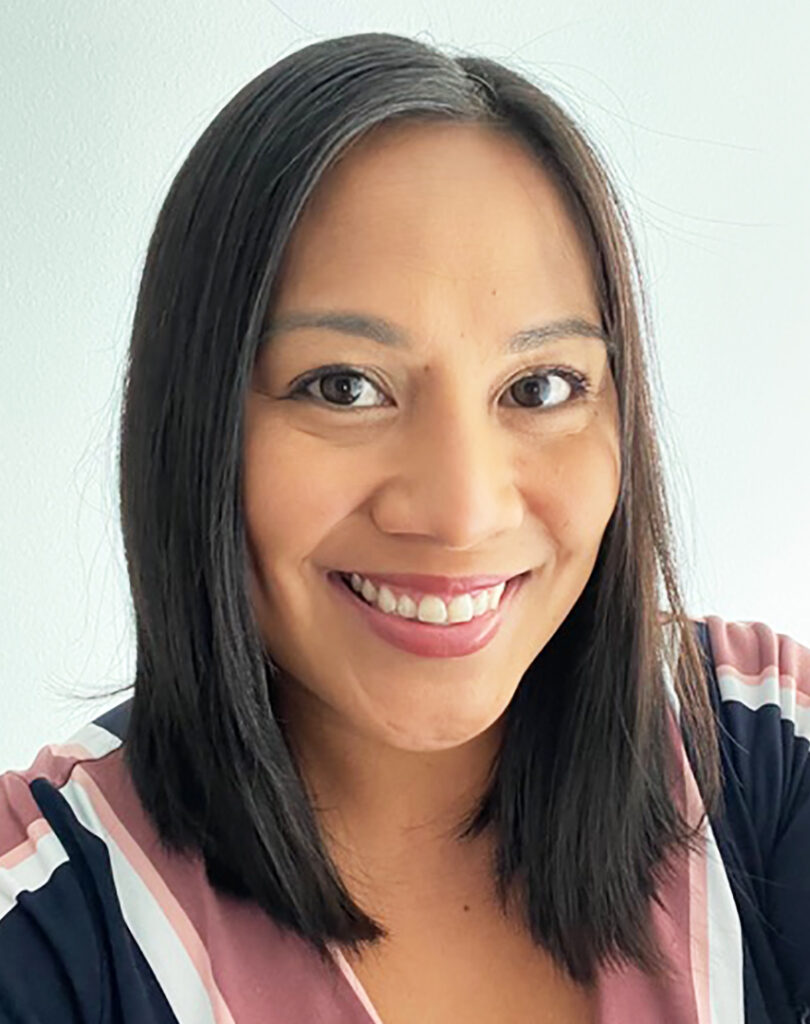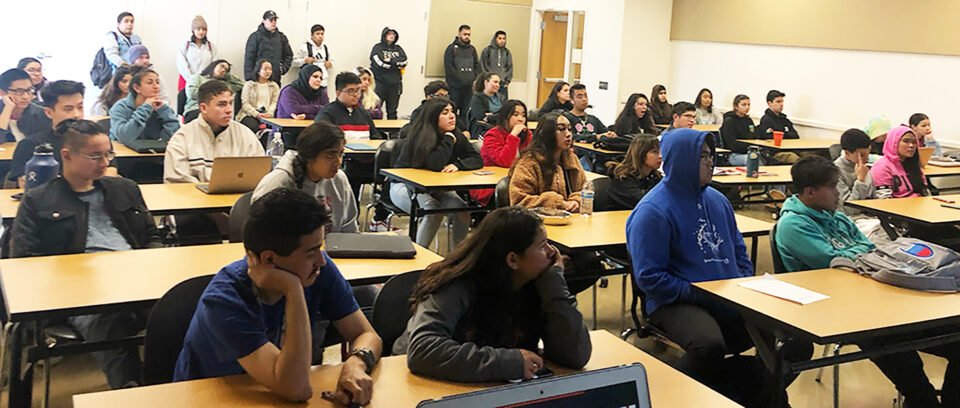Dear faculty colleagues,
Thank you to the over 300 faculty members (317 as of 9/11) who signed the petition supporting our counseling faculty. The petition, which was submitted to the Board of Trustees at the September 9th Board meeting, calls on the District to provide clear information about the rationale for return-to-campus requirements, involve counselors in the decision-making process about returning to campus this Fall, and ensure counselors’ work environments are safe.
View Skyline College counselor Jessica Truglio and Cañada College counselor Daryan Chan as they explained the issues that prompted the petition at the Sept. 9th Board meeting:
As Jessica and Daryan spoke, AFT 1493 Executive Secretary Marianne Kaletzky submitted the petition to the Chancellor and the Trustees:
[Also: Click here to view David Lau, CSM English professor and AFT 1493 CSM Chapter Chair, speak to the Board about comments he has received from numerous faculty about Covid-19 vaccines and faculty’s return to in-person work. He reported that many faculty have expressed concerns that the district does not appear to be seriously enforcing the vaccine requirement.]
The counselors’ petition was initiated after some counselors were being required to return to in-person work as early as next week. Skyline College has announced that starting September 14th, 25% of counseling appointments must be offered in person, and Cañada counselors were told that some of them will be required to work on campus beginning October 4th. Skyline and Cañada’s requirements are being imposed without clear communication about whether, and how, they reflect actual student needs, and without clear information about how the Colleges will make sure counselors’ work environments are safe. Counselors often meet with students in very small spaces with no windows; there is no clear protocol for enforcement of the mask mandate in private meetings; and the District’s system to verify student vaccinations is still under construction. There is also no consistent policy across the Colleges about requiring counselors to return this semester, when the District had initially said that faculty return to campus in Fall 2021 would be voluntary. Further, many counselors have noted the success of online counseling, which they made available long before Covid, and which many say has led to fewer no-shows and easier ways to share resources with students.
Counselors’ first priority is to serve our students. To do that, they need to understand how decisions about in-person appointments are being made and how these decisions reflect student need. They also need to know that they and their students will be safe meeting in the spaces being made available to them. Furthermore, they need to be consulted about these decisions that impact their lives and their students’ lives.
Many of the faculty members who signed the petition, also left written comments. Below are a few examples of the faculty comments.
- I am willing to come back to campus, but it concerns me to meet with students from 30-60 min. in a very small space; I’m also unclear how we are verifying student vaccination status and whether we are allowing exemptions.
- I understand that we are trying to serve students, but we are not at a point in the pandemic where mandating in person, indoor, close quarters, un-verifiable vaccination status appointments makes sense. Have volunteer, large office w/windows, student requested in-person appointments only please. When will the Mu (or subsequent) variant come to campus?
- Returning to my office and meeting with students in person are two very different things for me as a counselor. I have been in my office on campus since the beginning of the semester as I have a much better work space. I am comfortable in my office, but do not believe that the criteria and expectations for meeting with students in person have been articulated in a clear manner. Safety first, according to public health guidelines for counselors and students must be the top priority.
- Please bring the people who will be directly affected by these decisions into the conversation in making these decisions.
- Transparency and safety go hand in hand.
- Our district needs to have clear safety protocols that are effectively communicated internally and externally. Other higher education institutions, including UCs and CSUs, have been able to achieve this. We must continue to serve our students with a priority on effective health protocols so our students feel safe coming back to campus.
- I agree that unless serious measures are taken, the counselors are being put at especially high risk in being required to return to campus. I feel that their list of concerns is entirely reasonable and needs to be fully addressed. The rest of the campus is watching how this plays out, and if it is handled poorly, it will damage morale and a cause a loss in confidence in leadership.
- At CSM personal counseling services we are talking about going back to campus partially some time in Oct. However, many students prefer remote counseling appointments because most of the students are still taking online classes this semester and they also have safety concerns. I feel that it is OK to have an option for personal counselors to work from campus and provide some coverage in case of emergency on campus, however it should not be a requirement. I don’t understand where 25% face to face requirement at Skyline came from.
- I am writing to support counselors’ choice to work remotely. In my polling of students, the majority prefer to take classes online. Such decisions should be made in consultation with counselors who have direct experience about the needs of students.
- More information should be collected from students to determine how much in person counseling services are necessary. Return plans for counselors should be the same across the district.
- Why must anyone return to in-person work right now given the highly contagious delta variant and the fact that many break-through COVID infections are occurring in fully vaccinated people?
- Please consider the health and welfare of our district family. Counselors do the heart work of our district and deserve our consideration for their safety, especially during this outbreak of the more virulent Delta variant.



